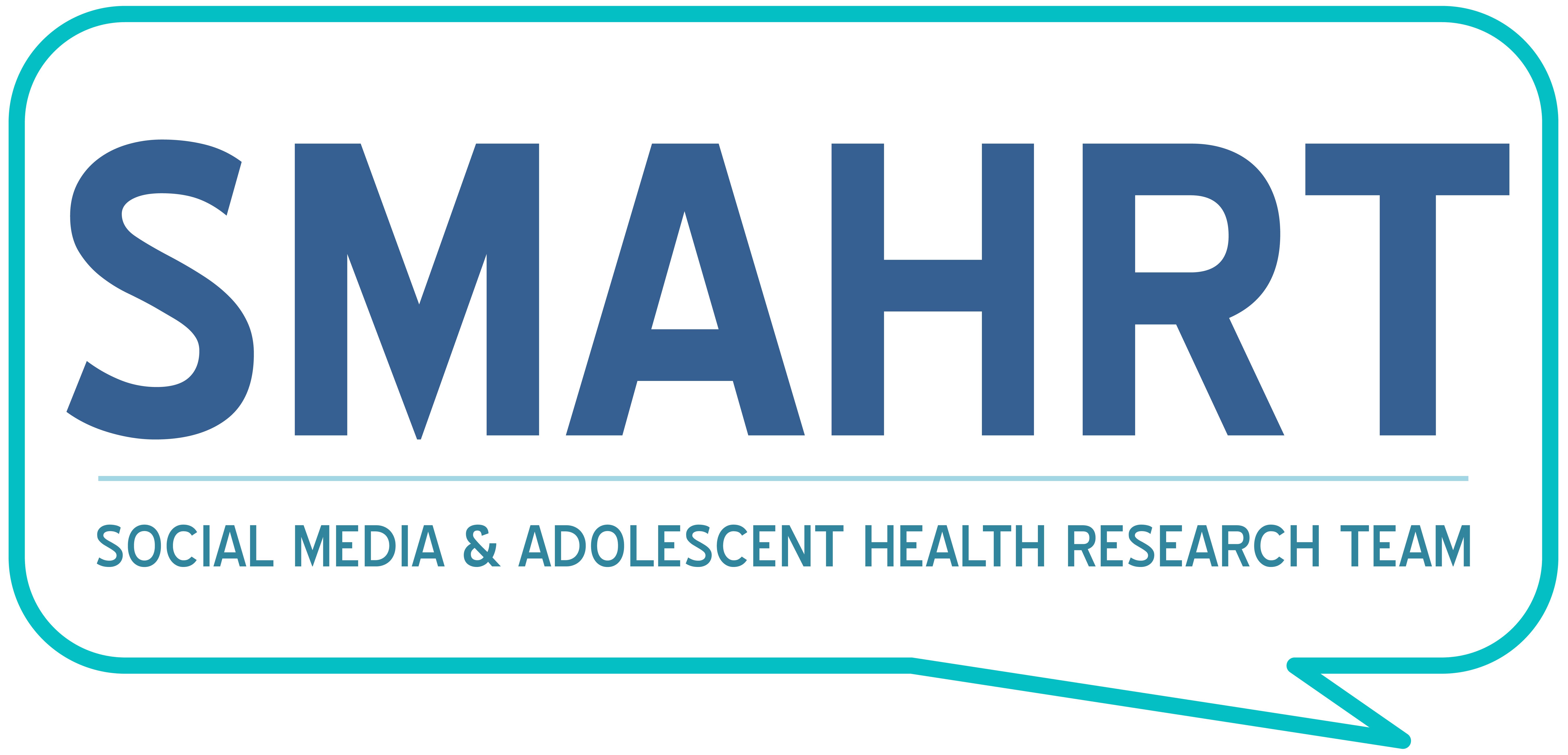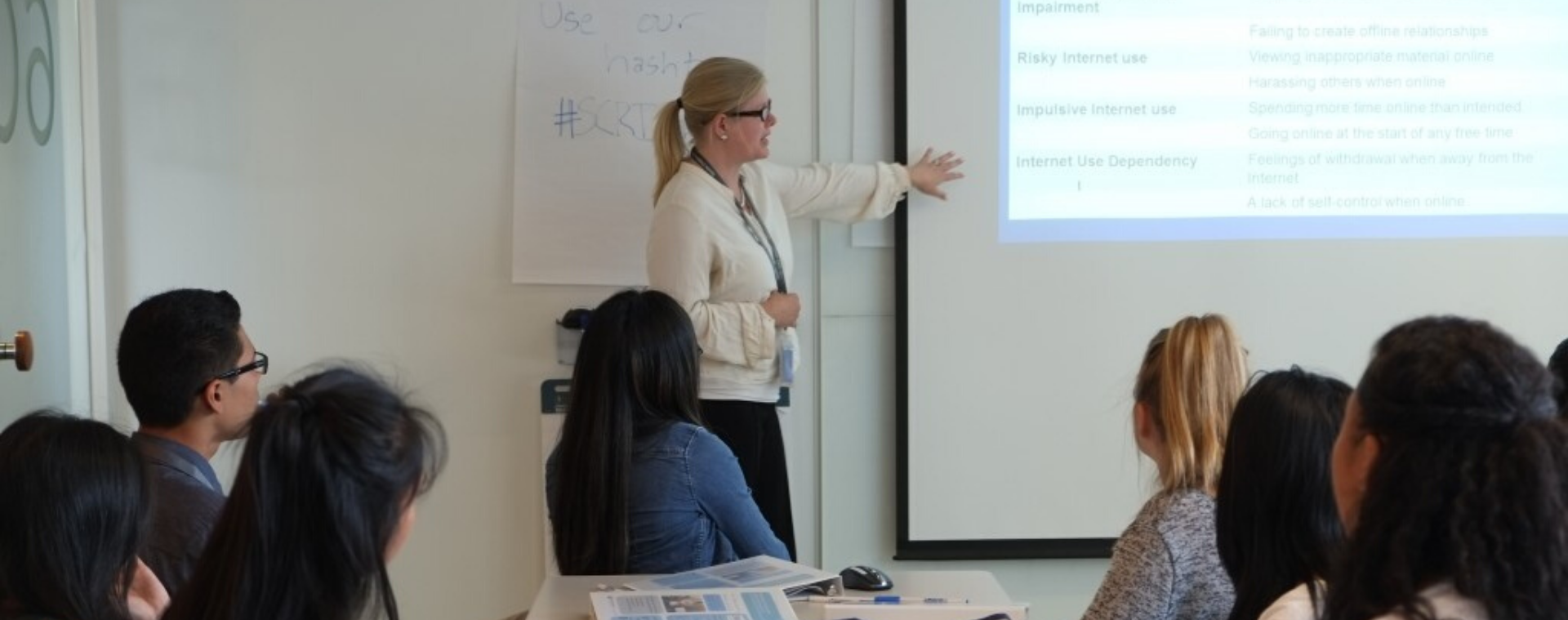During my pediatric endocrinology elective, I met a teenage patient who had recently been exploring their gender identity. I had the honor of being the first person in a medical setting to have asked the patient their pronouns since they had changed them. The patient’s face lit up with excitement and they showed pride in sharing their new pronouns. I felt gratified in my role as an important member of the medical team and appreciative of the connection that I had made with this patient, but I wanted to do more.
As a prior 8th grade basketball coach, youth dance instructor, and residential counselor for teenagers with disabilities, I’ve always enjoyed working with adolescents. While many people see this group as an intimidating demographic, I see them as resilient, adaptable, and often misunderstood. This is a population that I had a passion for working with. Inspired by my recent interaction with a gender diverse teenage patient in clinic, I reached out to the Pediatric Chief Residents at the University of Wisconsin School of Medicine and Public Health about conducting research in the department of adolescent medicine. The chiefs connected me with Dr. Selkie’s research group, Learning More from Adolescents Online (LMFAO), and Dr. Moreno’s research group, Social Media and Adolescent Health Research Team (SMAHRT).
Both research teams have ongoing research projects and lots of experience working with learners, no matter their level of training or research experience. As a medical student on a 4-week elective, I didn’t have time to explore my own research question, but both teams were happy to incorporate me into their ongoing projects. I learned how to transcribe recorded interviews and got to listen to adolescent’s experiences viewing transgender influencers and young adults’ perspectives on alcohol related posts. As a future physician in pediatrics, I’m certain this experience has helped me to better understand patient’s utilization of social media.
In medical school, finding research mentors and projects to contribute to can be challenging, but I would encourage medical students interested in research to reach out to chief residents within your department of interest. They often know which doctors are conducting research projects and can help connect you with potential mentors in a timely fashion as “cold emailing” dozens of doctors can be daunting, and these emails frequently get lost in a sea of junk mail.
While my research elective has come to an end, I hope to continue to work with both LMFAO and SMAHRT as their data collection progresses and turn towards manuscript writing. Overall, this research elective has been a great opportunity to connect with new doctors and researchers within the Department of Pediatrics, helped me gain experience within qualitative research, and foster a new skill in transcription.


